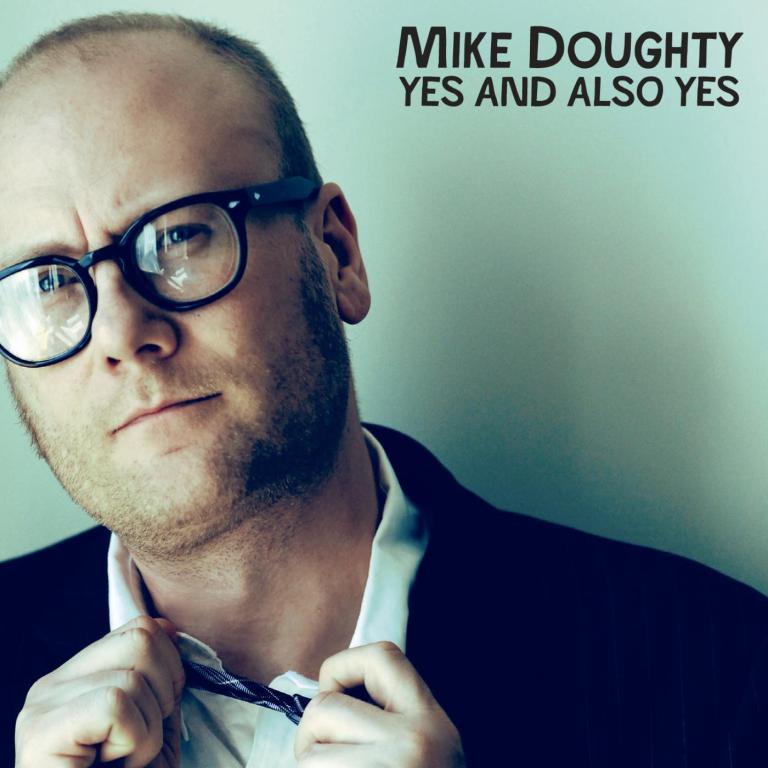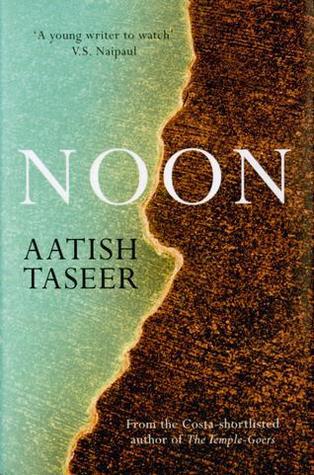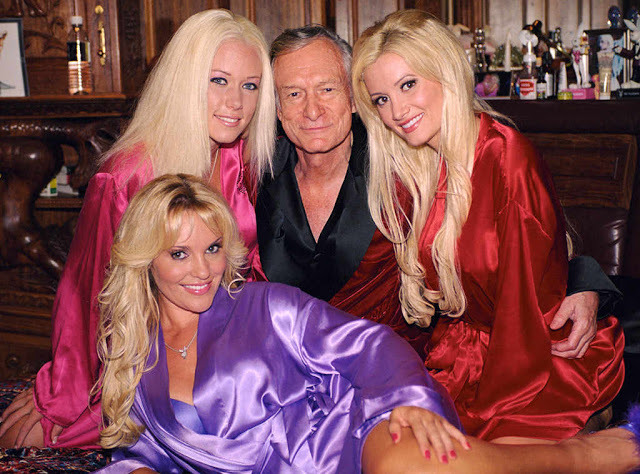Directed By: Ridley Scott
Written By: David Scarpa (based on the book Painfully Rich: The Outrageous Fortunes and Misfortunes of the Heirs of J. Paul Getty by John Pearson)
Starring: Michelle Williams, Christopher Plummer, Mark Wahlberg, Charlie Plummer, Romain Duris
It’s become impossible to divorce 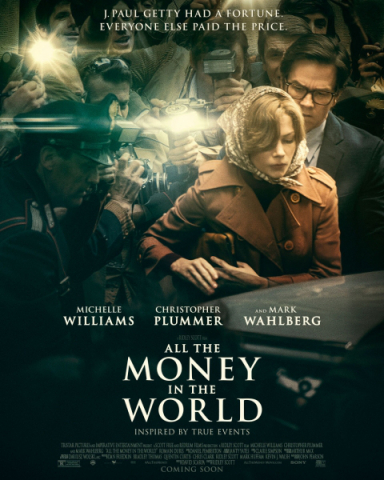 the onscreen story of All the Money in the World, from the offscreen story which has since enveloped it. With production complete and a release-date sweat inducingly imminent, director Ridley Scott played cattle wrangler and impossibly lassoed his crew back together for extensive reshoots. Swivelling on a three-week dime, Scott somehow purged his film of the disgraced Kevin Spacey, and in the eleventh-hour, subbed in Christopher Plummer to assimilate one of the film’s most substantial roles. Then came the editing process, and the unenviable task of transposing new footage into an already completed work without pushing the premier back even a second, all of which, was improbably accomplished.
the onscreen story of All the Money in the World, from the offscreen story which has since enveloped it. With production complete and a release-date sweat inducingly imminent, director Ridley Scott played cattle wrangler and impossibly lassoed his crew back together for extensive reshoots. Swivelling on a three-week dime, Scott somehow purged his film of the disgraced Kevin Spacey, and in the eleventh-hour, subbed in Christopher Plummer to assimilate one of the film’s most substantial roles. Then came the editing process, and the unenviable task of transposing new footage into an already completed work without pushing the premier back even a second, all of which, was improbably accomplished.
It’s a miracle then that All the Money in the World even exists right now, much less flows as seamlessly as it does—try looking for the joins, you won’t find them. More miraculous still is just how good Christopher Plummer, a near nonagenarian who had only a twelve day turn around between being cast and being in front of a camera, is in it.
Plummer plays Jean Paul Getty, a miserly and ruthless oil baron who at one point, we are told, was the richest man in human history. Think of him as an amalgamation of Ebenezer Scrooge and Daniel Plainview: cold, cunning, and monstrous in his appetite for wealth at any personal cost. In one scene, Getty explains to his long-neglected son that he couldn’t have been a presence in his youth, because he had a business to run—“you understand” Getty says to his boy, not so much a question as a demand.
It’s a taciturn manner which Plummer masterfully seasons with the faintest traces of humanity and wit, elevating Getty out from the realm of caricature, and into the real world where he’s at his most perturbing.
So good, in fact, is Christopher Plummer (and interesting is the character that he’s playing), that the film noticeably suffers when he’s out of frame. The true focal point of All the Money in the World is not Getty himself, but rather the abduction of his grandson John Paul Getty III, the 17-million-dollar ransom for whom, despite being a parking ticket in Getty’s-burg, Getty senior refuses to pay. Instead he enlists Fletcher Chase, an ex-CIA operative, played by Mark Wahlberg, to aid the abductee’s mother (played by Michelle Williams) in refining a cost-free means of returning JP Getty III home in one, full bodied piece.
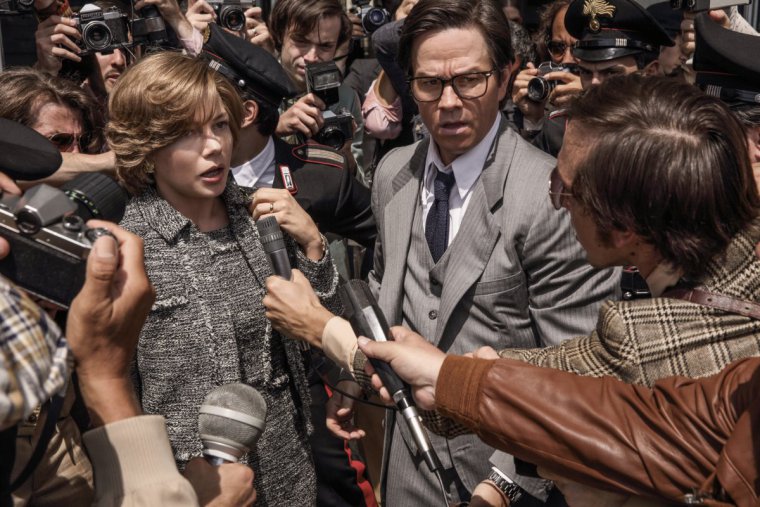
It certainly sounds as though the abduction angle would make for more compelling and cinematic viewing than the philosophising of a greedy old miser, yet, rather peculiarly, it doesn’t. Outside of Getty, All the Money in the World feels inexplicably autopiloted and without urgency, a faint whisper of the white-knuckle viscerality which has so often been Ridley Scott’s stock in trade. It’s not a bad film, just a perfunctory one.
It stems, in large part, from characters who are mere servants to the plot rather than agents of it, each straining for more palpable characterisation against a strictly nuts and bolts screenplay. Mark Wahlberg’s Fletcher Chase offers little more than meets the eye—a laconic tough guy characterised more by his glasses than his personality. It seems odd that a typically electric presence such as Wahlberg’s would be coupled with such a banal personality, with the actor only granted a single scene to cut loose and let that uncompromising badass edge that he has previously championed shine through.
Michelle Williams fares better as the devastated, sincere mother forced to tap into her own inner Getty to manoeuvre her son’s freedom. The heartache and desperation is striking in Williams’ tireless performance, but the lack of substance fails the character; Gail Harris, like Chase Fletcher, doomed to pale in compare to their older counterpart in this saga .
It persists that the film is at its most intriguing when it’s probing into Getty senior’s psychology—his inevitable filtering of perception through a businessman’s lens; his transposing people with artworks and antiquities; the beauty of an artwork, we are told, unlike that of a human, cannot be corrupted.

Ridley Scott has long nursed a fascination with tyrants and corporate induced coldness—Commodus in Gladiator, Tyrell in Blade Runner, the underlining financial greed that runs through The Counselor— the director might have had his perfect case study in Getty had his material devoted itself more fully to him: an icy billionaire who tethers himself to a stock news tickertape like it were an IV drip. What we know Scott had was the right performer for the job, Plummer plunging into Getty’s iciness like he was wearing a diving bell.
There are other Scott hallmarks on show—that penchant for dark, chilly spaces; an apparent disdain for sentiment; an unblinking eye in times of violence (there is a toe-curling sequence of mutilation that sees Tarantino’s ear hacking, and raises it a bloody fountain.) There are even flickers of genuine tension, the director creating an omnipotence to JP Getty III’s captors which gradually grows to unnerve.
But by its conclusion All the Money in the World feels like an opportunity squandered, a by-the-numbers thriller which dutifully pieces its story together without ever demonstrating that venom we know Ridley Scott is prolific at injecting into a narrative’s veins. It brings this feat of off-camera grit and determination, a little too close to its most fascinating, and menacing character—bearing all the tools and faculties of something great, but inevitably thwarted by its own unfeeling demeanour.
Rating:
2.5/4
Advertisements Share this:



